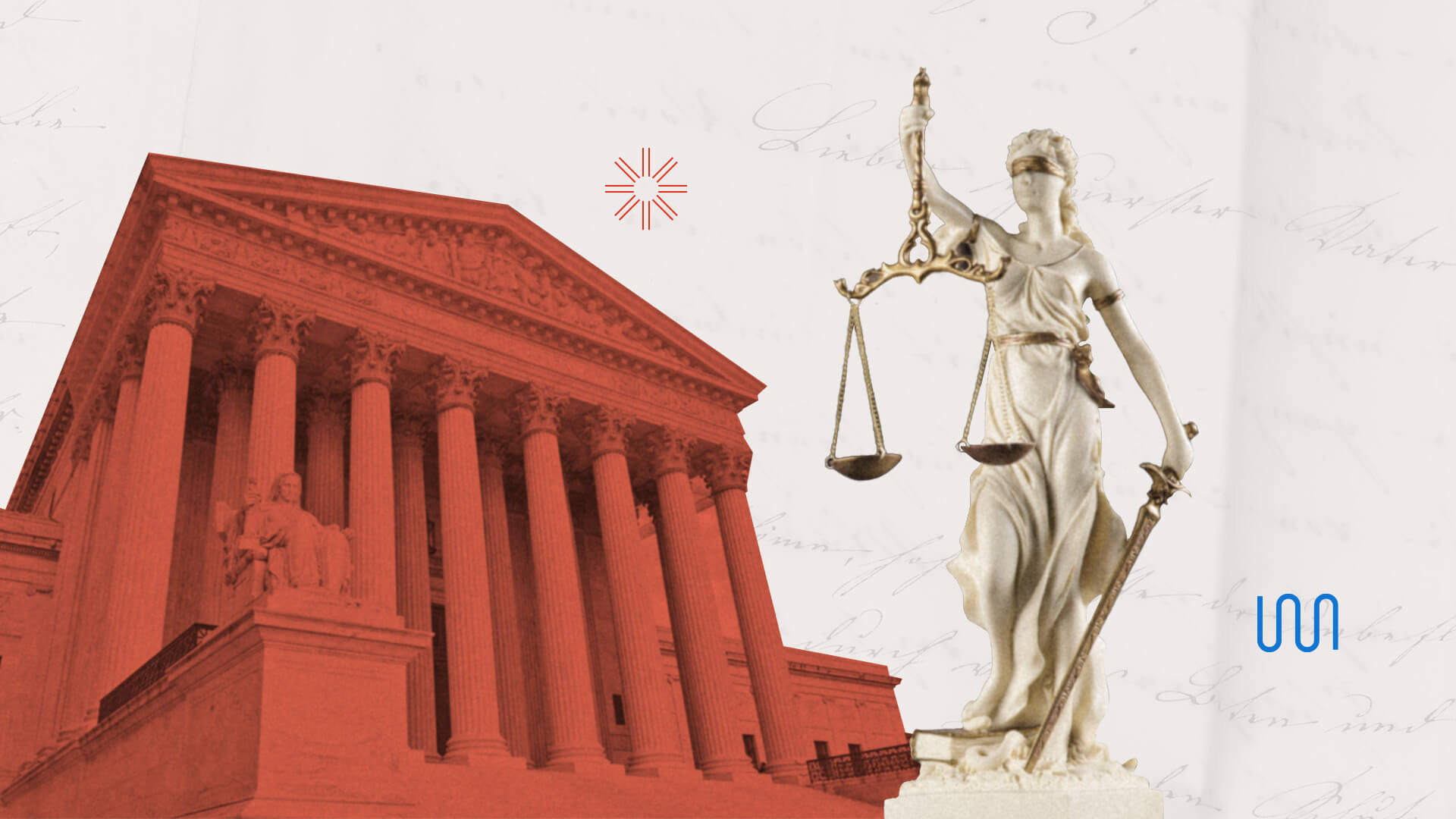
As the speed of advancement compounds with tech tools, adaptation to new markets is the difference between failure, surviving and thriving. We’re witnessing a commercial revolution in real time, and it’s called Web 3.0. In the legal world where agreements are everything, Web 3.0 will represent huge implications in its ability to standardize trust in a digital space.
A web evolution
At the onset of the internet, we experienced what tech insiders call Web 1.0: the read-only earliest iteration of the web. We experienced mostly static company web addresses connected by hyperlinks and the earliest versions of email. Web 1.0 gave us America Online, the now-media maverick infamous Napster, and many others, but didn’t give us much in the way of interactivity.
Web 2.0 is what you’re likely most familiar with. It’s the internet that opened its borders to the creator economy, providing us with everything from website building tools to payment processing ports to social media profiles. Web 2.0 is behind the explosion in small business resources and independent e-commerce — where Web 1.0 was read-only, Web 2.0 is described as read/write.
Web 3.0 is the burgeoning future of the internet — a platform where AI and automation decentralize creative power and data security, while allowing users to own and operate in their own corners of the internet. A mainstay behind the commerce of Web 3.0 is blockchain technology, which we’ll discuss after giving it a little context.
Blockchain technology at a glance
To understand blockchain technology, look no further than its predecessor: banks. When large financial institutions perform transactions, ingoing and outgoing activity is logged in a living record called a ledger. You can imagine how long this list gets with digital banking. Ledgers require powerful servers to monitor every single transaction and maintain a bank’s digital balance sheet.
Blockchain technology functions similarly by utilizing a public ledger that logs transactions on a shared network. Through sophisticated algorithms and powerful servers, the blockchain, as it's commonly referred to, digitizes social trust through built-in verifiability via a public ledger. Users/visitors/consumers/traders on the blockchain can trust that the goods, service or transaction being represented is secure by having access to its public ledger of transactions.
The most popular example of blockchain technology in action is the rise of cryptocurrency. The DeFi Movement has seen the rise of BitCoin, the comical legend of Dogecoin, and even rappers minting their own cryptocurrencies. The technology is new, and while it’s still in a gold rush phase, it’s showing promise of an industry overhaul that experts are comparing to the rise of the internet in the 90s.
What about blockchain for law firms?
The legal field is built on trusted agreements between separate parties. Typically, that trust is granted through a centralized institution given social authority and legitimate power, like a court of law or a parliamentary body. The blockchain has decentralized social authority. The same agreements that previously required oaths and witnesses can now be verified digitally and with total transparency. It’s the epitome of digitized social trust: with the advent of decentralized media, decentralized finance and decentralized education, how long will the public continue to rely upon centralized legality?
Some law firms are resistant to blockchain technology, fearful of obsolescence, but hopeful that some significant sector of the population will prefer doing business “the old way.” If Web 1.0 and Web 2.0 are any indication, avoiding the implications of new tech is a recipe for reluctant adoption at best, and a loss of millions (or in some cases, billions) at worst.
Future uses of the blockchain
It’s hard to tell how this new technology will shake out. The most disruptive technology to emerge from the blockchain is the NFT, or non-fungible token: a digital certificate of trust stored on the blockchain that represents a 1-of-1 master copy of any digital media, often backed by a physical object or quantified service. NFTs are what would happen if the dollar was designed today: decentralized, backed not by gold but by anything of value, digitally native and secure. NFTs are quickly becoming the use case for blockchain commercial scalability, and the uses in the legal industry are endless: imagine NFTs in place of property deeds and as intellectual property currency. The implications are endless, and so is the opportunity.


